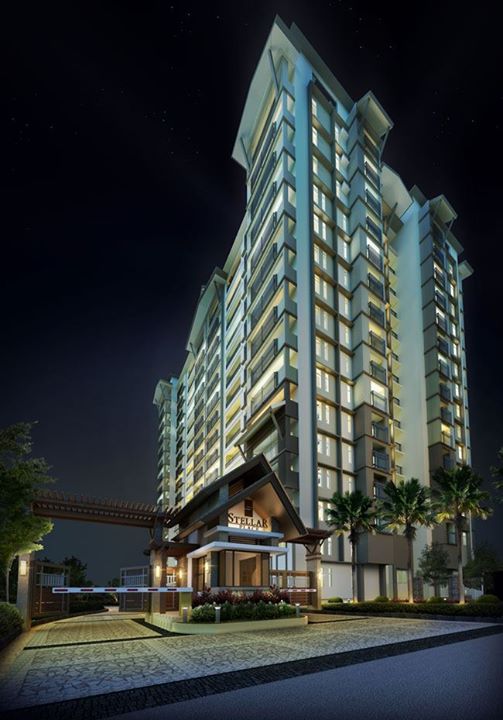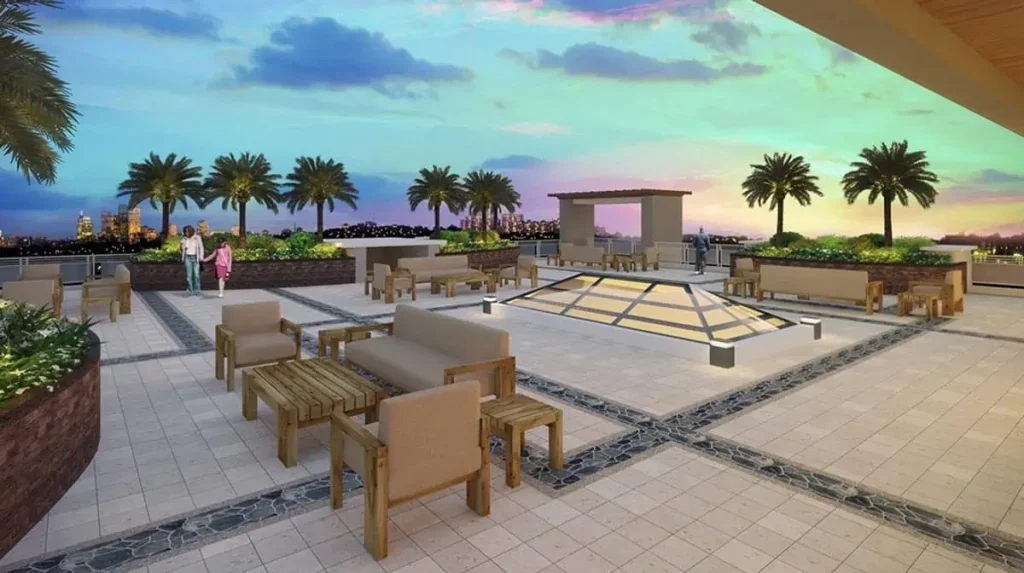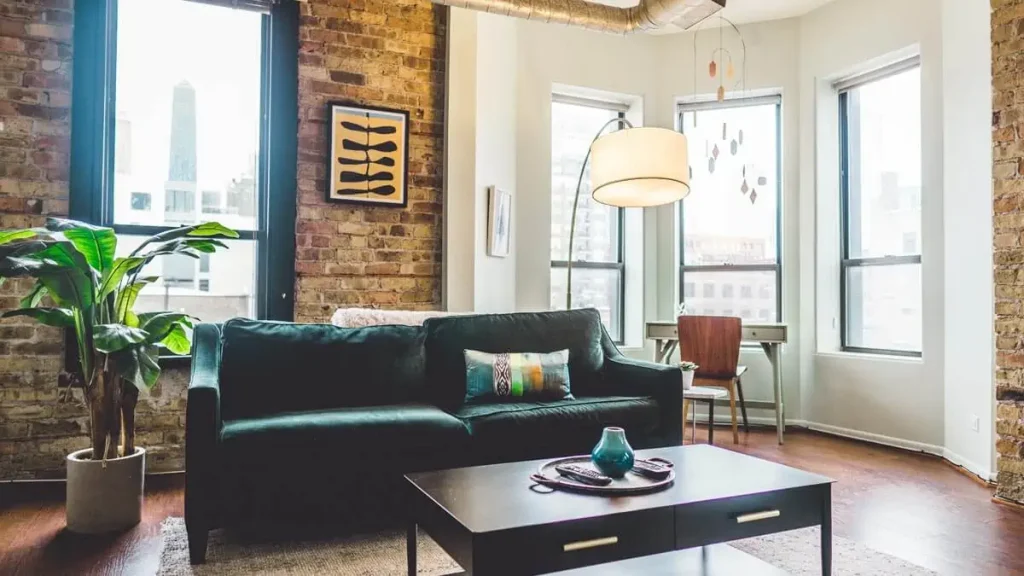One of the contributors to the country’s impressive GDP growth is the surge in activity in the real estate industry. According to the Research and Forecast Report of Colliers International, over 4,000 condominiums were completed in 5 major CBDs in 2013, while close to 20,000 will be turned over in the next 3 years.
Everyone could attest to the tremendous growth of real estate in the Philippines. With the extensive change in landscape practically in every key city in the country such as high-rise residential condominiums, new subdivisions, commercial edifices that perhaps run in conjunction with the growth in number of BPOs, and the surge in the number of malls, one after the other.
Favorable to investors of real estate in the Philippines are record-low interest rates, strong peso, and affordable housing loans. In essence, we now see a broader market being catered to in the real estate industry with real estate property on sale at different price points. Truly, many Filipinos have become empowered to become owners of their own homes.
Furthermore, with the proliferation of reasonably priced condominiums with terms that are close in figures to the budget for lease, many tenants are realizing that it is more practical to own than to lease. And, those with savings may opt to purchase a pre-sale condo. There are pro’s and con’s in buying a pre-sell condo.
To the advantage of the buyer:
· Value appreciation
The appreciation of value from pre selling to completion makes it a promising investment, especially if the condominium of choice is situated in a very prime location and is built by a reputable developer. (Estimate at pre-sale is about 30% lower than the value when completed). Because of this, there are investors who are into purchase at pre-selling for economic gains. They either go into Buy and Sell (with a hefty margin profit) or have the condo unit for lease (with better command of price for lease for quick ROI, over time).
· Buyer’s Market: Friendly terms and conditions
Buyers of pre-sale condo get friendly payment terms. Extended to them are low down payment and/or flexible payment schemes.
· Prime choice in unit
Buyers of pre-sale condo are able to select the unit of choice. Be it for the better view, easy access to amenities, or quite the reverse and be situated in less foot traffic.
· Room for customization
Depending on the contract, at pre-sale, adjustments may possibly be done in construction phase to customize the unit according to one’s preference.
· Newer Condo, better amenities, and more
In a highly competitive industry, the pressure is on to continually provide better designs and amenities to buyers who would naturally compare options that fall within the same price range.
Just as there are pros, there are also cons to pre-sale condo arrangements.
Cons, in a matter of speaking:
· Alterations without your approval
For one, there may be changes in the implementation of the plans like unit size, materials, floor plan, and amenities. You may find the final outcome to be not quite as you expected.
· Risks
Then there is the risk of possible delay in turnover of the unit. There is also the risk of not being able to get a refund on deposit for pre-sell projects that did not push through or could not be completed because the developer has gone bankrupt. To minimize the risks, opt for reputable developers with proven track record on quality of work and on project completion.
Despite the boom in the economy in the real estate industry, it is not all rosy for developers as there are many challenges. First, they are susceptible to litigations.
Complaints against real estate developers mount everyday. There are hundreds of cases filed with the Housing and Land Use Regulatory Board (HLURB), the government’s regulatory board for real estate. Common complaints are offers to sell without appropriate license, failure to deliver title after being fully paid, failure to complete the project according to correct specifications and approved plans, and misleading advertisements. Best to check out with HLURB if the developer is licensed to sell the pre-selling condo project. The project has to be registered with HLURB.
Meanwhile, developers also file lawsuits for failure to meet the financial obligations when turnover of unit is done to buyers of pre sale condo. This could stem from buyer’s lack of understanding or planning in carrying out the terms and conditions of the sale. Do not rely solely on what the Sales Agents have said, but be properly guided in the process of buying a unit by getting the services of a licensed and registered broker. Ensure that you have computed for the financial obligations and that your funding and resources match the terms and conditions of the sale. If you are buying on installment, be conscious if there are balloon payments to be made. Likewise, it is best to consult a lawyer to fully understand the terms and conditions of the sale. There may be a lot of legal jargons in the contract that you may not fully absorb their implications.
The obligation of a buyer does not end with the payment of his unit. Compliance to the Condominium Declaration and Rules and Regulations is required. These contain the obligations of the buyer as part of the community. Prospective buyers must know of these conditions before making the decision to purchase. One could be held legally liable for non-compliance to the conditions, covenants, and restrictions. Honor with due diligence the obligation to settle monthly dues for the proper upkeep of common areas and to ensure that common services needed by the community may be provided. Property taxes must likewise be settled with diligence.
The developer also has a responsibility towards the community that it built. They are primarily responsible for ensuring that the residents in the condominium will be able to co-exist in a community in peace and harmony, and that the quality of life they aspire will be maintained. The developer acts as the declarant to legally establish and incorporate the association at the beginning stages of the community’s development. Articles of Incorporation and By-laws are created and governing documents will include discussions on finances and construction issues that would ensure the proper upkeep of the common areas in the community, the creation of reserve account for repairs and maintenance of common amenities and utilities, the coverage of insurance for common areas, and ability to cover administrative-related costs. For respective units upkeep, residents (or tenants) are held responsible.
Of course, leasing a condo unit may also be an option, especially for professionals with highly cosmopolitan lifestyle. They have easy access to work and play by being in the heart of the city. Being highly mobile, they want a 24/7 dependable security for their homes. And after a busy day, coming home just a few minutes away to a haven of comfort with modern amenities is heaven to them.
In leasing a condo, ensure that you also are aware of the rules and regulations. Consider that movements may be more restrictive in condo living versus living in a detached home. Being extra considerate of neighbors’ need for a peaceful and orderly dwelling is of primary importance and must be upheld by each resident in the community. Since the partitions between neighbors are practically just walls, there are rules that would help regulate noise. Thus, residents must be mindful of the volume of their TV, audio equipment, and of the noise they make to avoid complaints from neighbors. There may be rules pertaining to partying, accepting of guests, having pets, and even when deliveries are to be made.
Restrictions also cover installations and renovations. And for this, some say that the restrictions are infringements on their individuality and their need to personalize their own homes. Depending on the terms of the contract, renovations and installations, including that of curtains and equipment, may need prior approval. Aesthetics and safety issues have to be considered. Just imagine tearing down an existing partition to provide more space in the kitchen. Unknowingly, it may affect the structure or underlying pipes that are in place.
If you are a landlord, it is your responsibility to ensure that your tenants are made fully aware of the rules and that the obligations on monthly dues and property taxes are settled on time. As a landlord, you may seek out the services of the developer on lease management of their condo unit. For DMCI, enroll your condominium unit with DMCI Homes Leasing Services.
Condo living may not be suitable for all but saying it is not for you may be a result of misconceptions about condo living. Rules and regulations that apply to one developer does not generally apply to other condo developers. “No pets allowed” is not a universal policy. Domestic pets may be allowed, provided that owners comply with reasonable yet strict rules pertaining to owner’s responsibilities.
Likewise, terms and conditions in payment also vary from one condominium developer to another. Litigations may be avoided if proper diligence to fully understand the conditions is made prior to the purchase of a condo unit.
In selecting which condominium to buy, prudence is to be exercised. It is always wise to know more about the developer and its credentials. After all, a good condo unit is as good as its developer. Designs and amenities discussed may be good in paper and words by the Sales Agent may be to your liking, but a trusted developer would be able to deliver according to standards and according to how you would have envisioned it. A trusted developer adds value to the property, because sense of security built on trust is priceless.
A good condo unit may also be assessed according to other stringent criteria: Is the prime location giving you the accessibility of basic services that you and your family would need? You may want to check how heavy the traffic can be, the noise level, the drainage condition, and other factors that you find important. With all things being equal, a good condo unit may be assessed according to function and design.
· Go green.
Despite it being at the center of a prime location, evaluate which would provide “green design”. You should be able to breathe and relax. Choose a condo that care for the environment and one that has good waste management.
· Practical and stylish amenities.
Swimming pool and gym are common features. Explore the plus. Is there a therapeutic service and are the facilities promoting wellness?
· Security and safety Features
Aside from having trained security and basic CCTV, do they have specialized locks for entry gates like burglar alarms. 24-hour concierge and safekeeping are also of value to highly mobile people.
You may want to check out resort-themed communities of DMCI. Within Acasia Estate are Mahogany Place (Single-detached, duplex, or townhouse units). Across the town center is Cedar Crest that adapt neo-Asian and minimalist design. Beside Cedar Crest will rise Verawood Residences, a Polynesian-themed condo community. Royal Palm Residence will be of Thai Influence. Adjacent to Royal Palm Residences is Rosewood Pointe of Neo-Asian design. Cypress Towers follow a unique pinwheel configuration. Acasia Estate has Casa Real, a colonial designed events hall. It is a blend of our rich Filipino culture and history, with the touch of influence of Hispanic, American, and Chinese.










